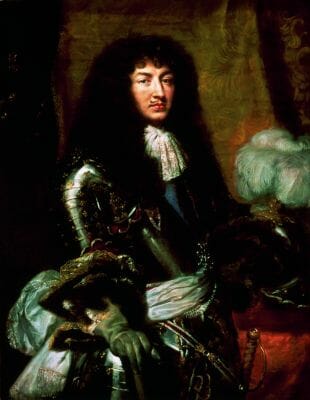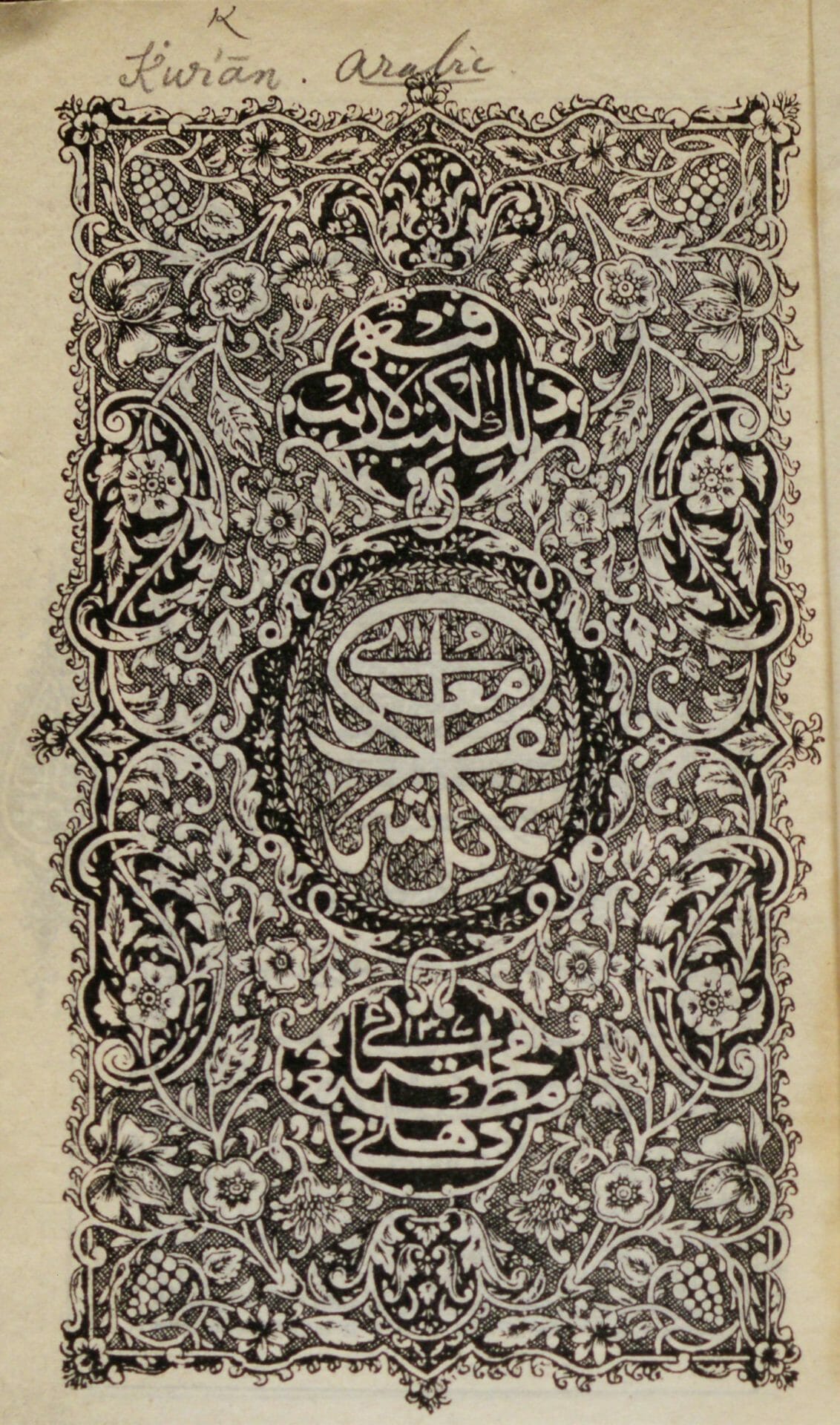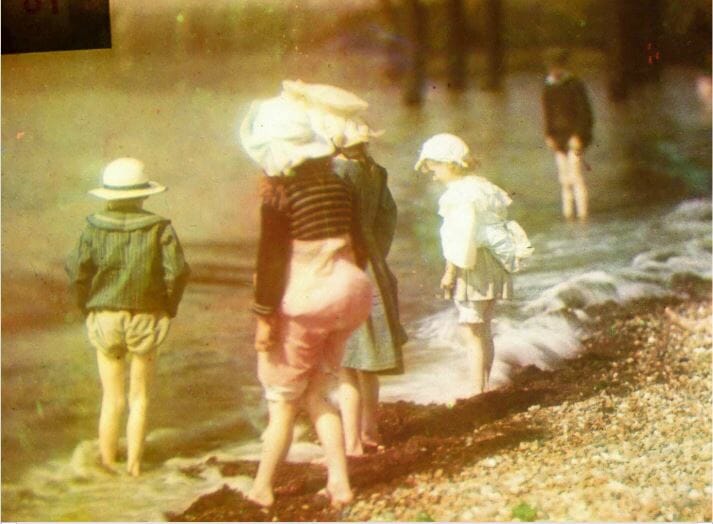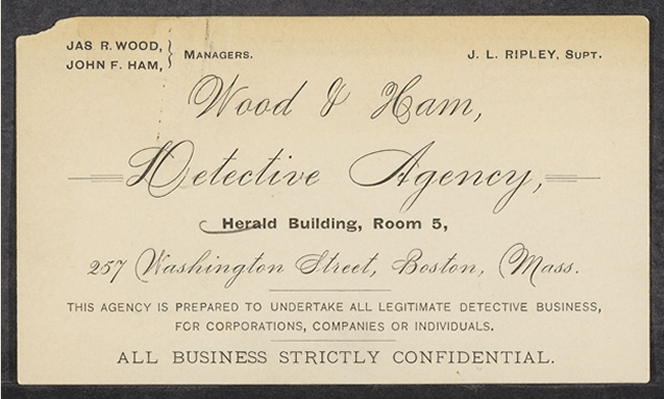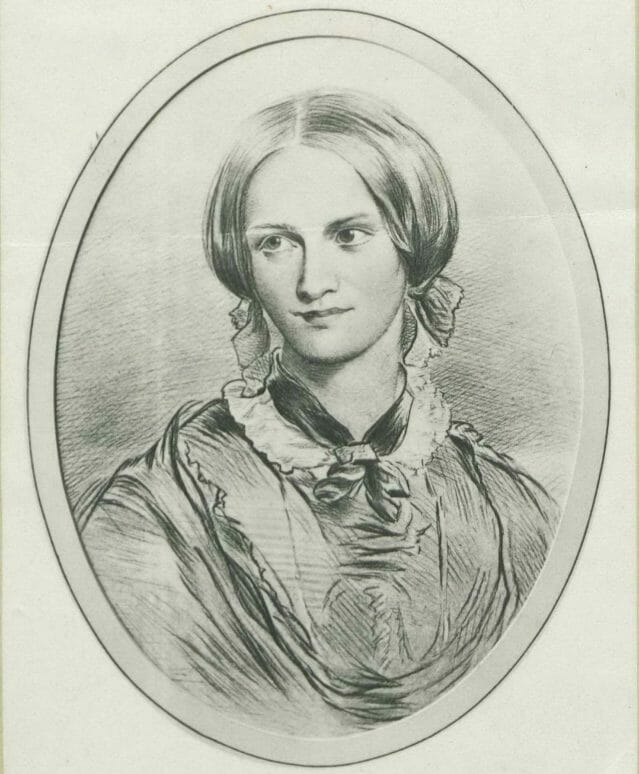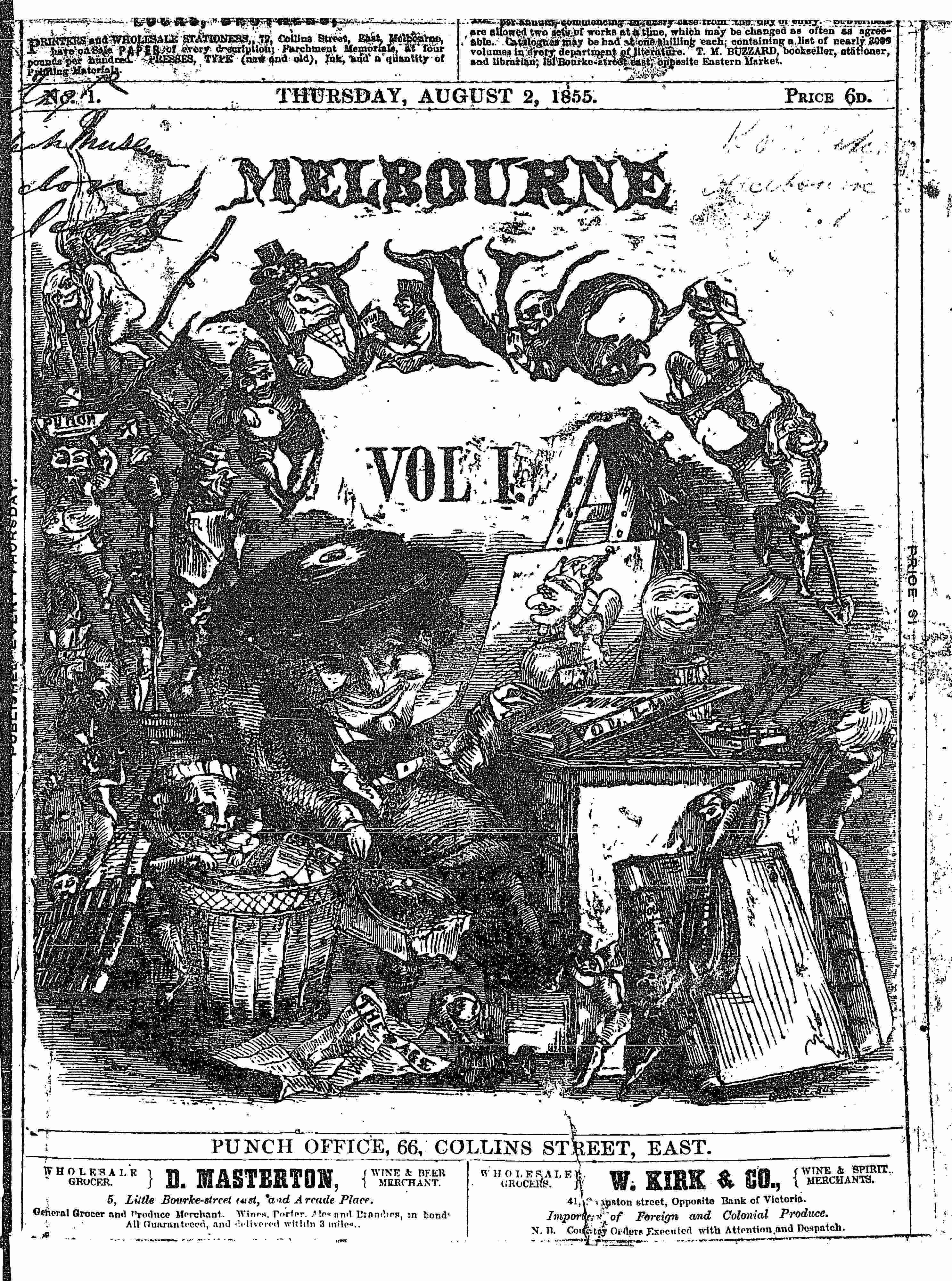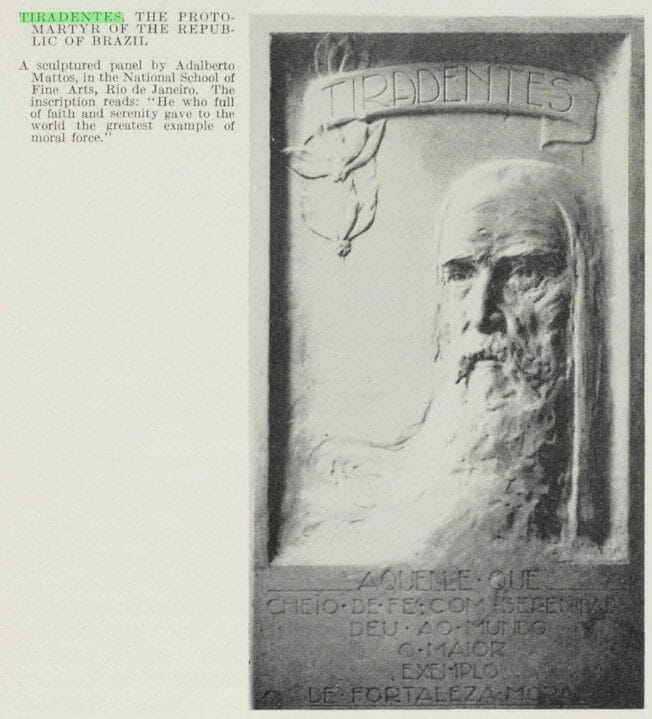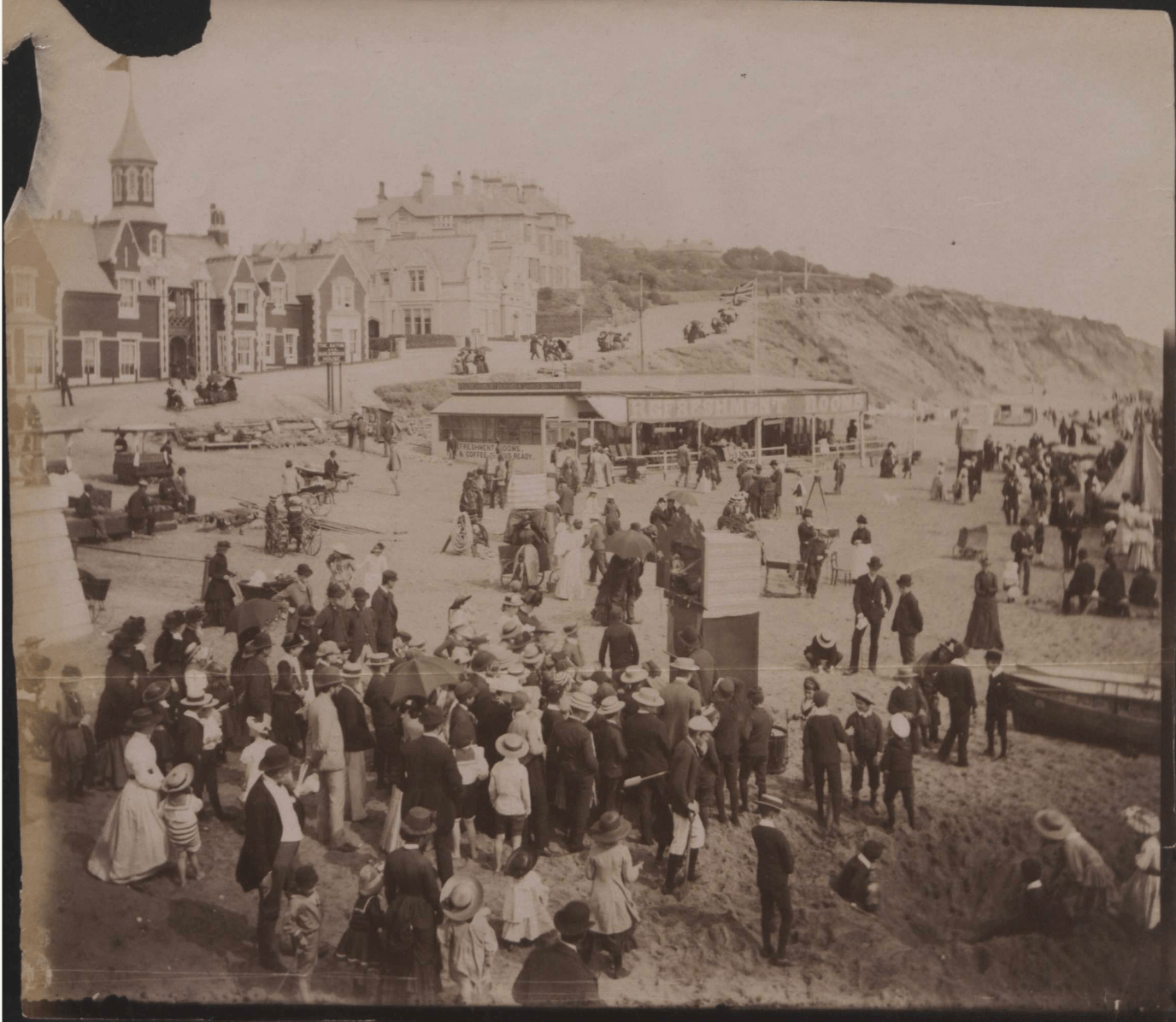On Wednesday night the BBC premiered Canal+’s lavish new period drama, Versailles. Always a sucker for period dramas, I looked forward to this one especially as I had no idea of the plot beforehand so the drama was a complete surprise, and I had very fond memories of a trip to the real Versailles as a student. Home of Louis XIV, the Sun King, Versailles was the seat of French government for most of the 18th Century, and if the TV show is to be believed, was the centre of much political intrigue.
Gale Publishers
In Secret Kept, In Silence Sealed: revealing the hidden texts in Early Arabic Printed Books from the British Library
As an archivist, I firmly believe that preservation and access are two sides of the same coin; one cannot happen without the other. This is particularly true during digitisation projects, and on collections such as Early Arabic Printed Books from the British Library where a large body of material is being made widely accessible for the first time, we have worked closely with a conservator from the British Library to ensure material is protected during scanning.
“The Great Binge”
by Seth Cayley
Can cocaine really cure sea-sickness? Something tells me that very little peer-reviewed research has been done on the subject in recent years. But that didn’t stop the Victorians. From around 1870-1915 a large number of narcotics, including heroin, were widely and legally available, and often packaged as medicines. Historians have dubbed this period before the first international drug control treaties as “The Great Binge”.
Holidaying in the 19th Century? Here’s what you need to know
Sunshine has finally reached the UK! As we break out the BBQs and look forward to our summer holidays, I thought it would be fun to use The Illustrated London News Archive and Gale Artemis: Primary Sources to look back 100 years, and see what holidayers back then had to look forward to…
Supporting Your Local Data Miner
By: Dr. Dallas Liddle, Associate Professor and Chair of English, Augsburg College
Marshall McLuhan is supposed to have said that “the content of a new medium is always an old medium.” He intended the observation as wry cultural criticism, but as a literary historian I am grateful every day that so many new research media are now brimming with the contents of great past media: newsstands, theatres, libraries, music halls, stereopticons, and magic lantern shows. Lately I have started to hope that the benefits of these research tools may go far beyond the convenience of having so many original texts, images, and artifacts instantly available. New methods of “data-mining” using database archives, if we do them creatively and well, may help researchers better understand how the old media forms themselves worked and developed.
The hope grows from recent experience. I started “data mining” the Gale Times Digital Archive not long ago, after struggling for nearly twenty years with questions about Victorian newspapers that traditional archival research had been unable to answer.
Race & Gender in the Carceral State
By Jen Manion
Crime, Punishment, and Popular Culture, 1790-1920 is a trove of material for scholars and students interested in the history of gender, gender expression, and sexuality. Criminal accounts provide an illustrative window into the culture of the time by highlighting the lives, actions, and motives of those who crossed the line of so-called acceptable behavior. Women’s participation in illicit activities such as theft, robbery, assault, or murder were generally sensationalized in both trial and newspaper records, giving such accounts a sexual tinge no matter how seemingly mundane. The range of source material—from newspaper accounts to trial manuscripts to organizational records to sensational dime novels—allows readers to approach a singular topic from different perspectives. Historians can examine the treatment of people along lines of race, class, and gender, or chart changes in such regulations over time.
Happy Birthday Charlotte Brontë!
April 21st would be Charlotte Brontë’s 200th birthday. As Jane Eyre is my favourite book and as a fan of Brontë’s in general, I jumped at the chance to do a little research on her and her work. I knew that some letters of Brontë’s had been published in The Times in the early 20th century, so I used those and Elizabeth Gaskell’s biography (both available via Gale Artemis: Primary Sources) to do a little digging. Having read Jane Eyre every year for the past 20 or so years I thought I knew everything there was to know about its history, but I was a little surprised by some of the things I found out…
Packing a Punch in Colonial Australia
With Australian Heritage Week nearly upon us (16 – 24 April), the following is a post concerning a particular perspective of Australian colonial history, being a perspective that can be researched in detail with Gale Primary Sources collections. It concerns Australia’s paradoxical relationship with England since 1788, as reflected within the pages of London’s Punch magazine and its Australian editions – most of which can be seen in Gale Primary Sources collections, Punch Historical Archive, 1841 – 1992 and 19th Century UK Periodicals.
Tiradentes in Brazilian and Portuguese History and Culture: The Oliveira Lima Library
| By Lourdes Mena, Marketing Manager for Latin America |
On 21 April, Brazil celebrates the Tiradentes Day, commemorating the anniversary of the death of Joaquim Jose da Silva Xavier (1792), considered by many to be the first martyr of the Republic of Brazil. But who is this man, who only began to be considered a national hero a century after his death? To find out more, we take a look through Brazilian and Portuguese History and Culture: The Oliveira Lima Library, one of the finest collections of Luso-Brazilian materials available to scholars.
Discovering Bournemouth’s founding with Gale
Bournemouth offers many attractions—but before you take off to see the Lower Gardens or the Russell-Cotes Art Gallery & Museum, why not familiarise yourself with a bit of the history of this scenic spot?

